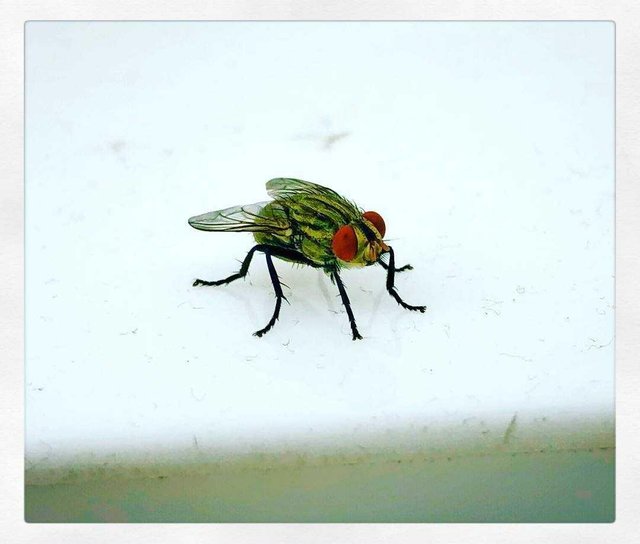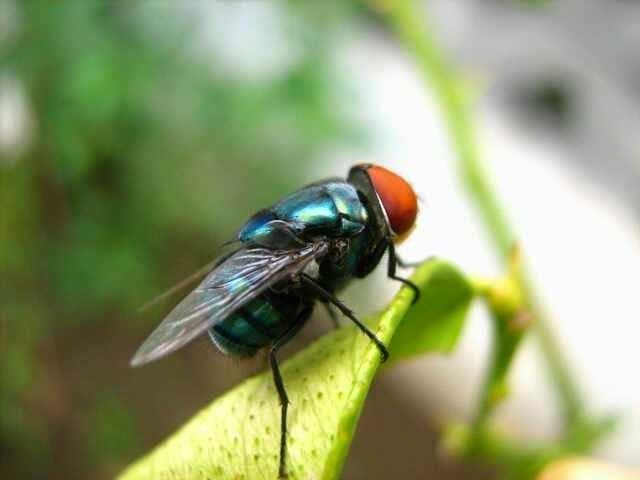Green Flies Apparently Helpful to Humans
Green Flies, also known as green bottle fly, is one type of fly that belongs to the family Calliphoridae. and the genus Lucilia. The hallmark of this fly is to have a bottle green body color. These flies are found in most parts of the world, especially the Western Hemisphere, California USA and Australia. The body is 10-14 mm in size, slightly larger than the house fly, and has a shiny green color with black body lines.

The most famous species of these flies include Lucilia sericata (or Phaenicia sericata, depending on the habitat region), as well as other species such as Lucilia caesar, Lucilia cuprina, Lucilia coeruleiviridis, and Lucilia illustris. Although known as a source of disease because of its behavior always perched in a dirty place, green fly turned out to have benefits for humans. This fly larvae can be used for maggot therapy in the medical world.
These fly larvae are known to tend to consume dead tissue and leave intact live tissue, and have been sold for use in maggot therapy, especially in the years before the widespread use of antibiotics and drugs and in modern times because of the rise of medical literature documenting their effectiveness . The larvae of these flies feed on the tissues of dead animals and will occasionally spawn on the dead (necrotic or gangrenous tissue) of living animals. The area infested by maggots in living animals is called "myiasis." Some maggots will eat only on dead tissue, some only on live tissue, and some on live or dead tissue.

The flies most commonly used for the purpose of maggot therapy are from the family Calliphoridae; and the most commonly used species is Lucilia sericata. In maggot therapy, the larvae of the therapeutic flies ("medical grade maggot") species are used to treat and recover wounds in maggot therapy procedures. Maggots are put on wounds for 2 or 3 days in special bandages to keep the maggots from moving. Since the maggot therapy can not dissolve or eat healthy tissue, the natural instinct will make them crawl somewhere else immediately after a clean cut, or after the larva feels full.
✅ @muhayatsyah, I gave you an upvote on your post! Please give me a follow and I will give you a follow in return and possible future votes!
Thank you in advance!